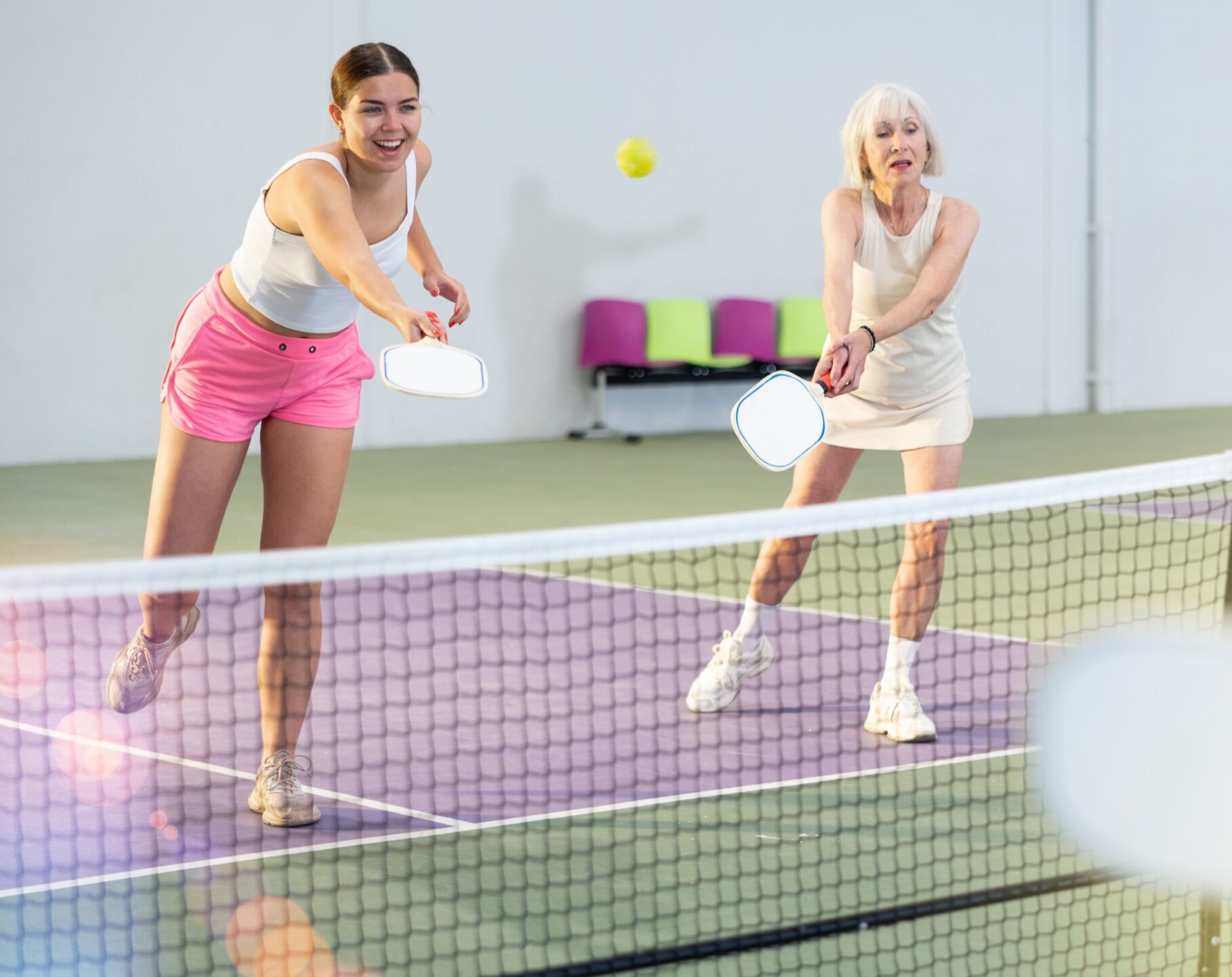Pickleball has increased in popularity over the past year. Despite being touted as a sport that is easier on the body we’ve seen more people come in with hip, knee, ankle, neck, elbow and shoulder pain.
These issues arise generally due to lunging/reaching/travelling sideways – things that your body may not be used to doing in your day to day life especially if you have been more sedentary.
For your hip, knee, ankle issues you will want to look at your lumbo-pelvic hip stability, leg alignment when lunging forwards or sideways.
For neck and upper limb problems you will want to be looking at your postural control and the connection of your shoulder into your ribcage. If you tend to overreach instead of using your legs to travel to make sure you can hit the ball with greater control you are more at risk of rotator cuff/bursitis or neural pain in your arm.
Take a quick assessment to find out if you are at risk of developing hip, knee or upper limb pain.
Do a front lunge – what is your default?

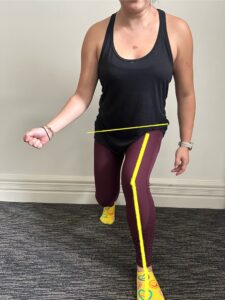
Do a side lunge – what is your default?
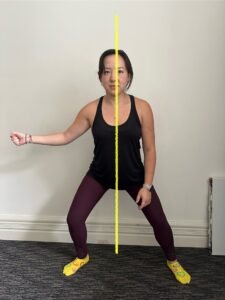
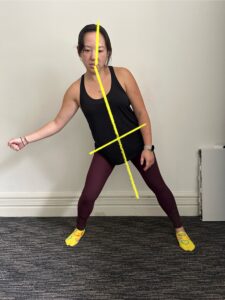
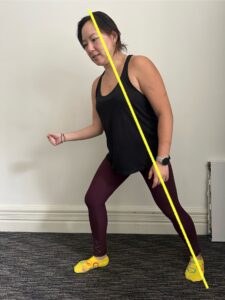
Hit an underhand forehand – what is your default?
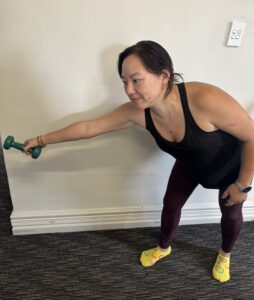
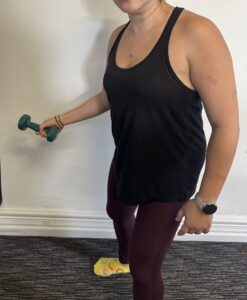
Hit an overhead forehand – what is your default?
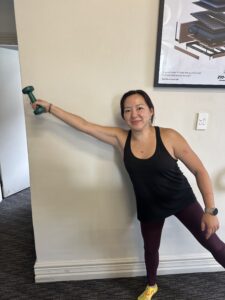
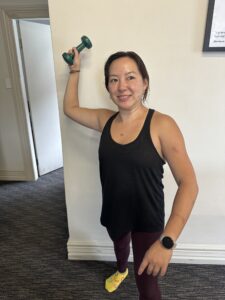
Book an appointment in if you are not sure if you are at risk of developing any of these problems or are already experiencing any discomfort in your spine, arms or legs so we can keep you on the court, playing for longer.

